Let’s face it, we are all in the habit of walking through the doors after a trip to the grocery store and throwing half the food purchased into the fridge because we think that food will last longer when we store them in there. Or, you know, it could be because of the sheer laziness we feel after a grueling trip to the grocery store. Either way, we are all guilty of it!
However, we fail to actually find out if the refrigeration process actually does more harm than good for certain types of foods. Sure, it’ll be better preserved and its shelf life lengthened, but at what cost?
1. Olive Oil
When placed in the fridge, olive oil tends to condense and harden into a more gel-like form rather than stay in its usual liquid form. So, the next time you need to use the oil that you just took out of the fridge, you might end up waiting for quite a while to return to its natural state. Instead, you’d be better of putting it in a cool, dry place.
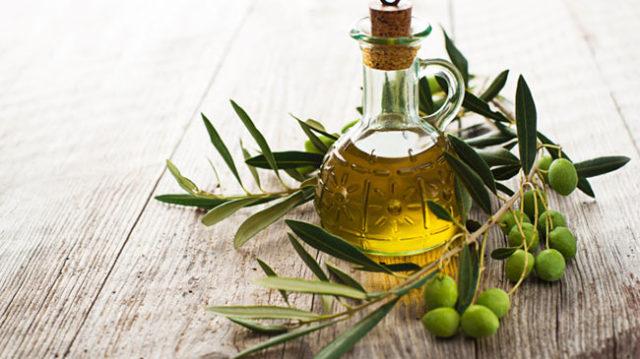
2. Bananas
Bananas should never be refrigerated! They retain their nutrients much better when placed in room temperature. Putting them in the fridge will cause their ripening process to slow down. The riper the banana, the richer they are in nutrients. Even the black spots that appear on the banana are actually good for you, as they also contain minerals and vitamins essential to your body’s immune system.
Putting bananas in the fridge will only slow this process and you won’t be getting the full potential of benefits when you eat them.
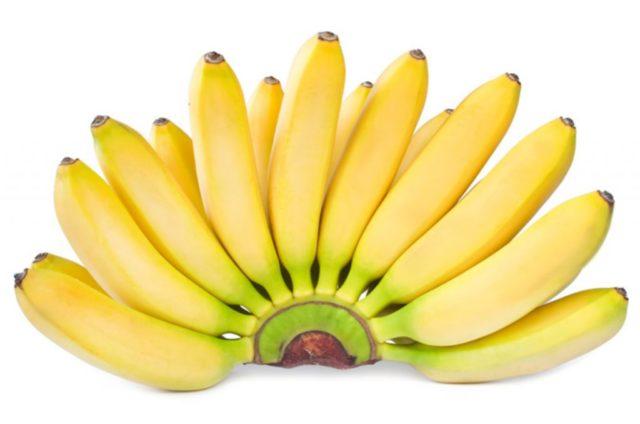
3. Potatoes
Potatoes are best stored in a clean, dry place, out of the plastic or paper packaging that they come in, unwashed and kept in a well-ventilated cardboard box, as recommended by the Potato Growers of Alberta. This is because the ice-cold climate of the refrigerator can cause the speeding up of the process of the starch in potatoes turning into sugar, and in turn mess with their colour, texture and freshness.
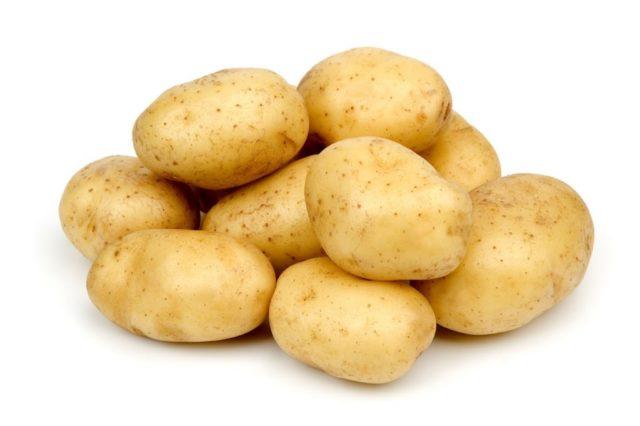
4. Onions
The National Onion Association in the U.S recommends that unpeeled onions be stored in room temperature out of plastic bags. This is because onions need ‘room to breathe’, so to speak. The air exposure will ensure that onions have the maximum shelf life possible. On the other hand, peeled onions must be stored in the refrigerator in a sealed container.

5. Avocados
Unripe avocados must never be put in the refrigerator because, much like many other fruit, the cool temperature of the fridge will deter the ripening process. Storing them in room temperature is the best option for them. However, they must only be stored in the refrigerator if you do not intend to use them immediately once they ripen.
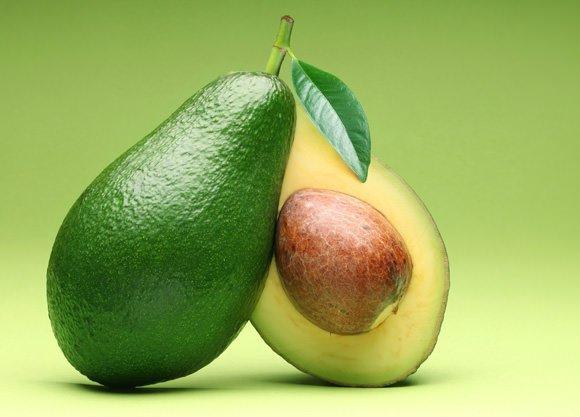
6. Garlic
Far-fetched as it may be to comprehend, putting garlic in the refrigerator could actually cause it to sprout. It may even get mouldy and rubbery. Furthermore, garlic that is kept in the fridge will rarely ever look any different. What this means is that you won’t be able to tell if it has spoilt until you cut it in half.
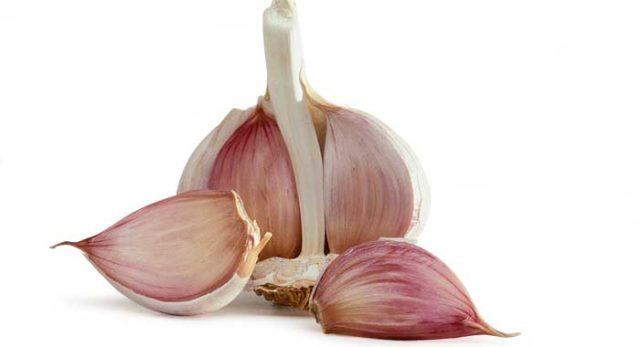
7. Bread
Unless you want to cause your bread to dry out quickly, you might want to avoid putting bread into the refrigerator. The cool temperature causes the bread to harden and go stale and become chewy at a faster pace. Store bread in room temperature until it’s use by date to retain its softness. Though sandwiches made using bread can be placed in the fridge.
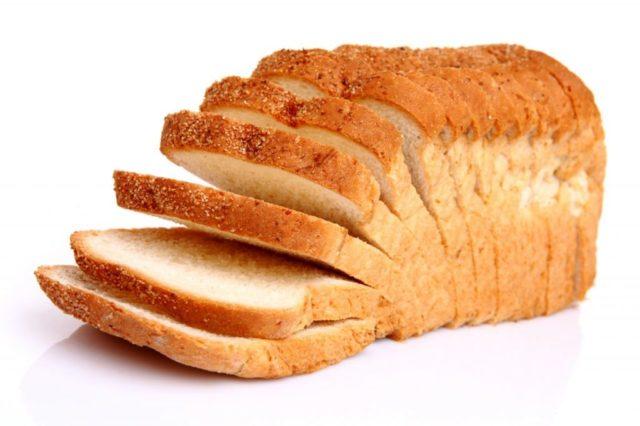
8. Coffee
Coffee beans, ground or unground, are best stored in an airtight container, in room temperature, and in a cool, dry and dark place. This will ensure that there is maximum retention of freshness and flavour so you can always have the perfect cup of coffee. And as we all know, coffee is one of the greatest pleasures of life, so make sure you treat it right!
You may store coffee in the freezer wrapped in airtight bags for up to a month if you have a large amount of it that you do not plan to use right away.

9. Tomatoes
Who doesn’t love tomatoes? Their sweet, yet tangy flavour lends well to many dishes, be it cooked or raw. That’s why putting them in the fridge is a bad idea as the coolness of It will cause them to lose their flavour. The best way to store them is on the countertop in a bowl or basket, away from direct sunlight. This will help them ripen naturally, and as we all know, the riper the tomato, the tastier it is! Putting them in the refrigerator will also modify the texture of tomatoes, and cause the membranes within the walls of the fruit to break down.
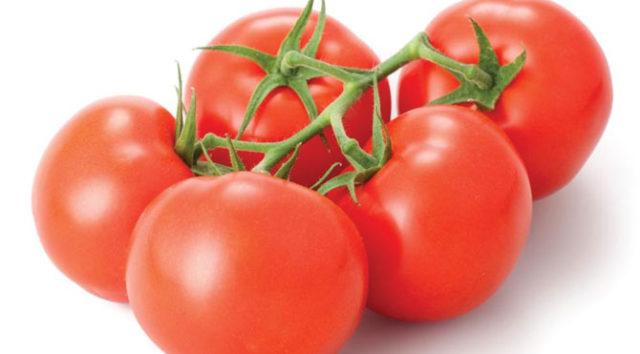
10. Honey
The main reason for storing food in the refrigerator is to help preserve them. Honey is a type of food hat needs no help in that department as it has naturally present preservatives. This means that as long as it’s stored in an airtight container and away from extreme temperatures, it could last literally forever!
On the other hand, placing it in the refrigerator could cause it to crystallise and the honey might turn dough-like in texture, making it impossible to pour or scoop.

11. Melons
It is utterly unnecessary to place uncut melons in the refrigerator. Researchers at the U.S. Department of Agriculture (USDA) determined that melons kept in room temperature keep the antioxidant levels the same as if they are put in the fridge. Furthermore, they found that the fruit also tended to lose some of its beta-carotene content as well. This study was only focused on whole melons. Sliced melons can be placed in the refrigerator, but they must be covered properly.
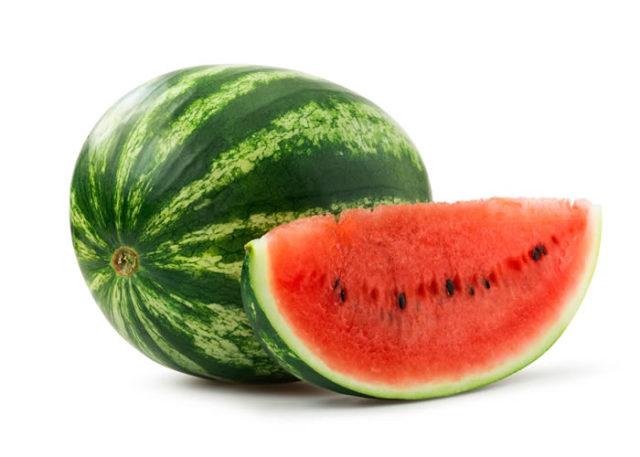
12. Pumpkin
According to the Calgary Produce Marketing Association, pumpkins are best stored in cool, dark and dry places like basements. They need to be placed in well-ventilated areas with plenty of air circulation. So you could say the refrigerator is not the ideal place for them, not to mention that they will definitely require a large portion of the fridge due to their size.

13. Basil
Treat your herbs like you would treat flowers. The best way to ensure that your basil stays fresh and healthy is to place it in a cup of fresh water on your countertop. Basil naturally tends to adopt the smells of the food near it, and they also tend to wilt a lot faster when kept in cold temperatures, so storing your basil in the fridge is not the best idea! Martha Stewart does recommend blanching them and then freezing them if you must store them for longer periods of time.

14. Fruits like: Apricots, Kiwi, Peaches, Plums and Mangoes
Like tomatoes, the refrigeration process will cause the slowing down of the speed of ripening for many fruits, such as apricots, kiwi, peaches, plums and mangoes. These fruits could also lose many of their nutrients and health benefits when stored in the fridge, along with the coldness causing the breaking down of the membranes of the fruit and altering the texture of it. Again, a cool, dry spot on your dining table will be your best bet for storing these. Not only will stay fresh and taste better, they will make your kitchen countertop or dining table look pretty!
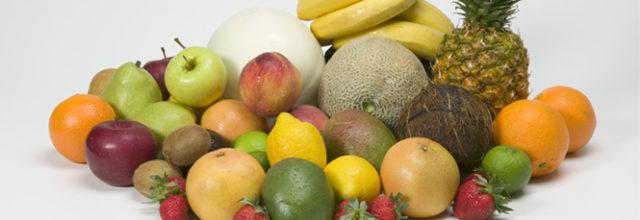
15. Peanut Butter
Peanut butter is also best stored in your pantry cupboard, where it gets to chill out in a cool, dry place while retaining the perfectly spreadable, smooth and creamy consistency for your convenience. Storing them in the fridge will have digging into a jar of hard, dry peanut butter that is not exactly easy to spread. It might even cause your bread to rip, and there’s nothing worse than that!
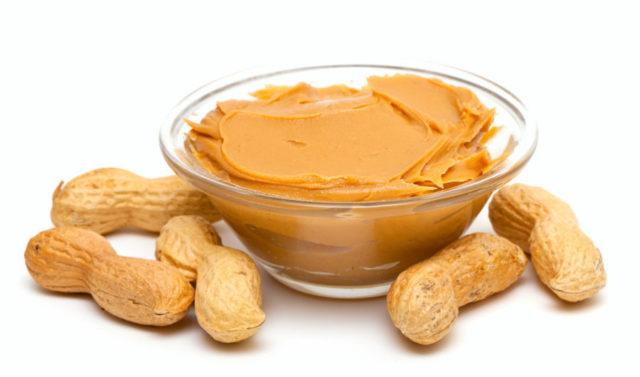
16. Pickles
Pickling is a process that is used for the sole purpose of preserving food and giving them a longer shelf life (and the reason that it is utterly delicious, but that’s not the point!). Therefore, it makes no sense to store a pickle in the fridge. Declutter your fridge and store pickles in your pantry cupboard. They will last forever! In fact, a jar of 3-year-old pickles will smell and taste the same as the jar you bought yesterday, guaranteed!
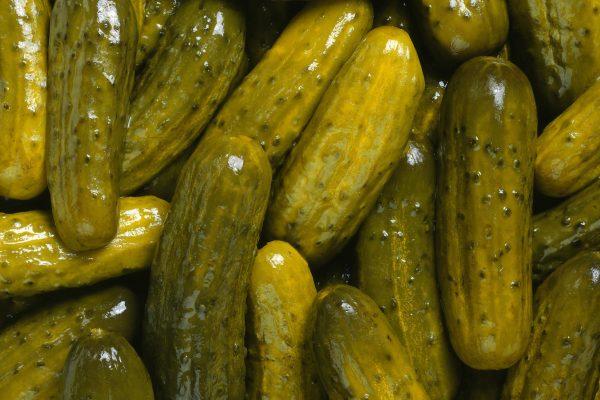
17. Egg
It is an issue that is raised from time to time: should eggs be stored in the refrigerator or not? One study concluded that the normal properties of an egg do not change regardless of whether they are refrigerated or not, while another revealed that eggs that were stored in the fridge tended to lose the natural flavour of the egg, so it would be wise to keep your eggs out of the refrigerator, unless you do not plan to use them up in within a few days.
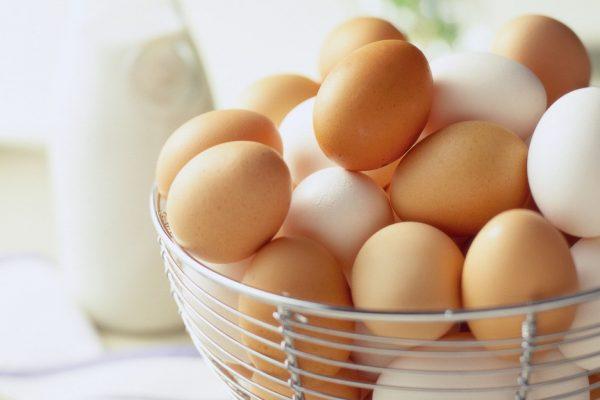
18. Salad
An oil or vinegar based salad will last for long without the need for refrigeration. In fact, putting a salad in the fridge could result in making them smell weird, and could also cause the wilting of the leaves. So, if you have a salad that has been already dressed, you can leave it out for a while without any worries. Although, it must be noted that salads dressed with mayo or yogurt based dressings must be refrigerated.

19. Ketchup
Store-bought ketchup is prepared using preservatives and bacteria deterring acids that will ensure that the ketchup will stay without spoiling for quite a long period of time, even once it is opened. The quality of the ketchup will not change regardless of whether it is stored in the fridge, so you can store your opened bottle of ketchup in your pantry without any hesitation.
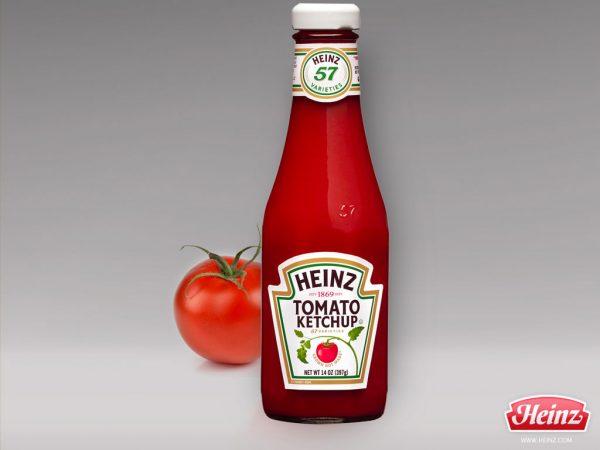
20. Tuna
Much like any other canned product, canned tuna need not be stored in the refrigerator. It is packaged using preservatives that keep it from going bad, regardless of if it is stored in the fridge or not. So, if it makes no difference at all, why clutter up your fridge unnecessarily? Make the smart decision, and keep your unopened can of tuna in your pantry cupboard instead of the fridge!
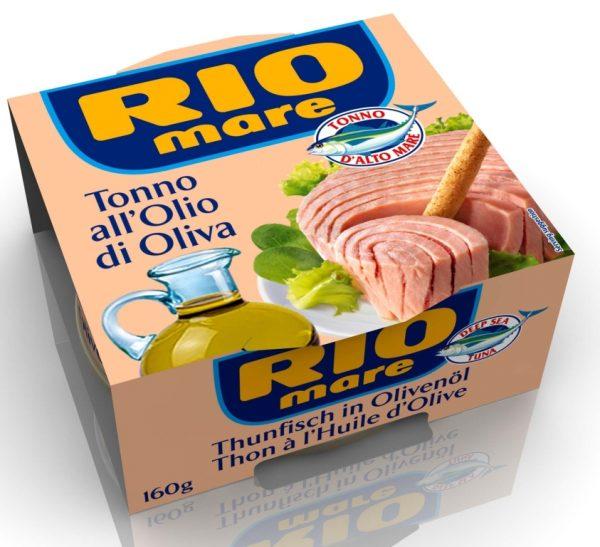
21. Citrus Fruits
Like the other fruits we’ve seen in this list, citrus fruits also thrive when kept out of the fridge. They ripen faster and taste better when stored in room temperature. They will also appear fresher and more natural. Keeping them in the refrigerator may cause the skin to dull and spots to appear, and you won’t be able to get as much juice from squeezing them when they are cold.

22.Cucumber
Refrigeration is not the best option available for storing cucumbers. In fact, cucumbers kept in the fridge might appear limp, with dry, damaged looking skin that appears to have spots on it. This is because the coolness of the fridge will cause the decaying process of the cucumber’s skin to speed up. So now you know why room temperature is the best for the storage cucumbers!
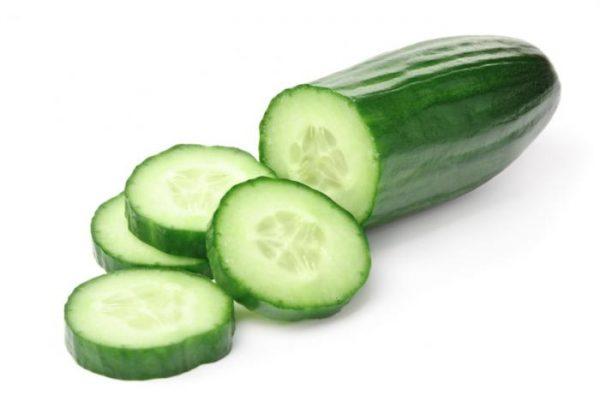
23. Carrot
Carrots, much like cucumbers, do not like to be stored in the refrigerator. They might appear dull and be rubbery in texture after a few days. Some have even experienced rotten, water-filled carrots when they have been refrigerated. This is because being exposed to high levels of moisture cause carrots to go rotten faster. Therefore, the best place for carrots to be stored is in a cool, dark, dry place away from sunlight.

24. Chocolate
Many people tend to stick their chocolate in the fridge once the package has been opened. Chocolate does not need refrigeration either with its seal broken or not. Not only does it not need it, putting it in the fridge will actually cause it to harden and change the taste and appearance of it. You might see a few white spots on the chocolate once you remove it from the refrigerator. Although completely harmless, it does appear quite unappealing.
Only put your chocolate in the refrigerator if it is melting due to excessive heat. Otherwise, eating chocolate straight out of the fridge might give one the sensation of chewing on cold bricks, and no one wants that when they are eating chocolate! After all we eat chocolate to derive pleasure.
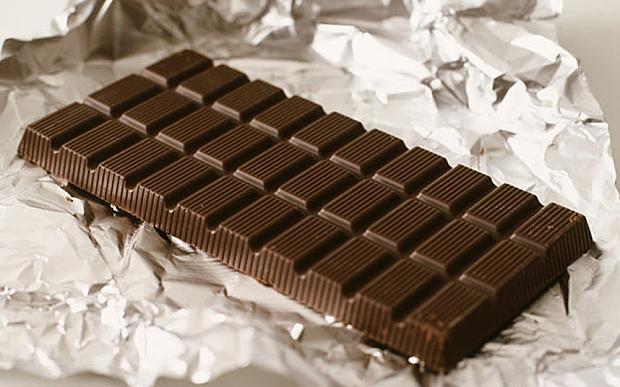
25. Cereal
If you are one of those people who put their cereal in the refrigerator, you might want to consider stopping that immediately! Cereal is also another food prepared with enough preservatives to make them last perfectly well in your pantry, even once it’s been opened. Cereal that is stored in the fridge also tends to lose its crunch and taste due to the moisture in the fridge.
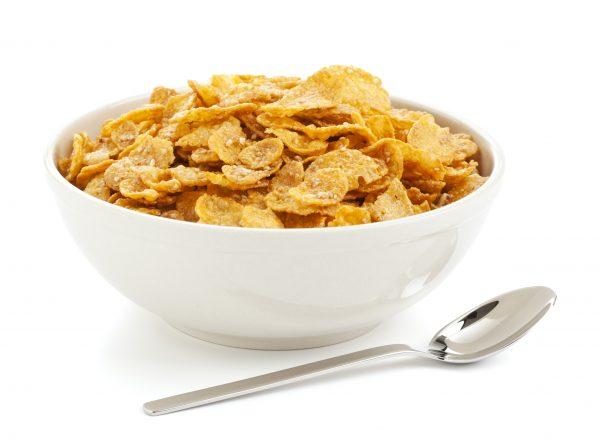
26. Flour
As long as the container that you store your flour in is properly dried out and has a well-fitting lid, you are good to go. Flour lasts for a very, very long time in room temperature. Furthermore, the moisture in the fridge could seep into the flour and cause it to form clumps. It is utterly unnecessary to put flour in the refrigerator. The only outcome of that would be an overcrowded mess of a fridge.
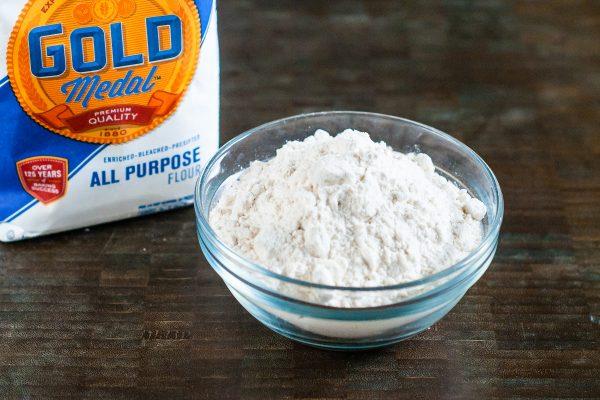
27. Pepper
Green, red, yellow peppers liven up any dish with their colour, texture and taste. So why would you want to cause them to lose their natural benefits by putting them in the refrigerator? Many people tend to believe it preserves them, but in reality, it causes their colours to dull and may even cause them to go soft and rubbery.
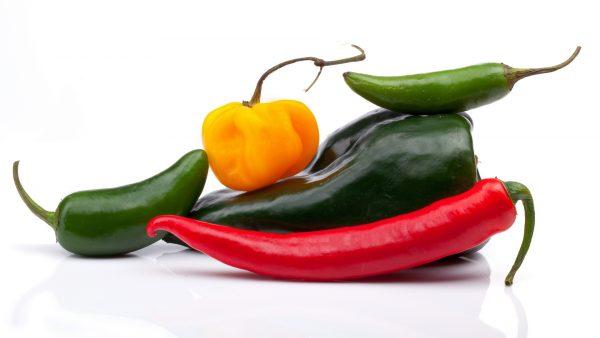
28. Jam
Jam is to fruit what pickling is to vegetables. And as we already explained about pickling, the main purpose of jamming something is to extend its shelf life. And to make something sweet, sticky and delicious that you can spread onto a piece of toast. Jam jars are sterilized before the jam is put into it to make sure that there is no bacteria or germ that could affect the shelf life of it. Furthermore, store-bought jam also has extra preservatives and whatnot that will keep it from going spoilt, even when kept out of the refrigerator after being opened.
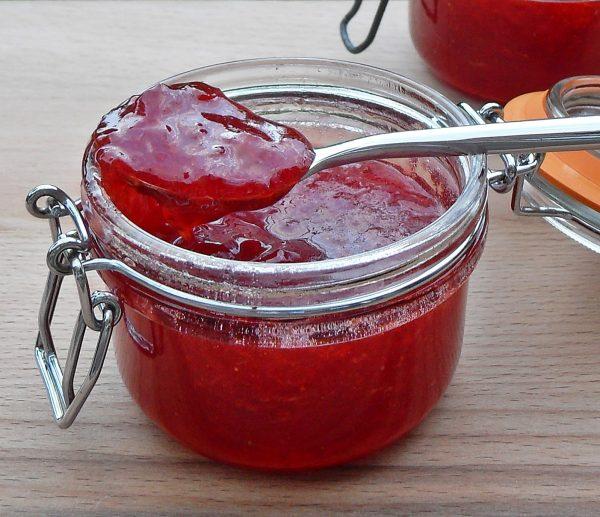
29. Spices
Spices are another one of those things that people shove into their refrigerators after a second of thought. This does them absolutely no good. They will last a very long time on your spice rack, no refrigeration required. If you are still unsure, you might note that spices are stored on shelves in the supermarkets and spice stores, no cooling mechanism in sight!
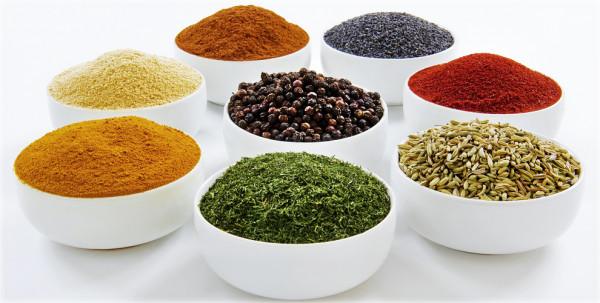
So, there you go! 29 foods that you must and absolutely do not need to put in the refrigerator. Now that you know, you can get to decluttering your fridge! You’ll end up impressing yourself once you’re done!



